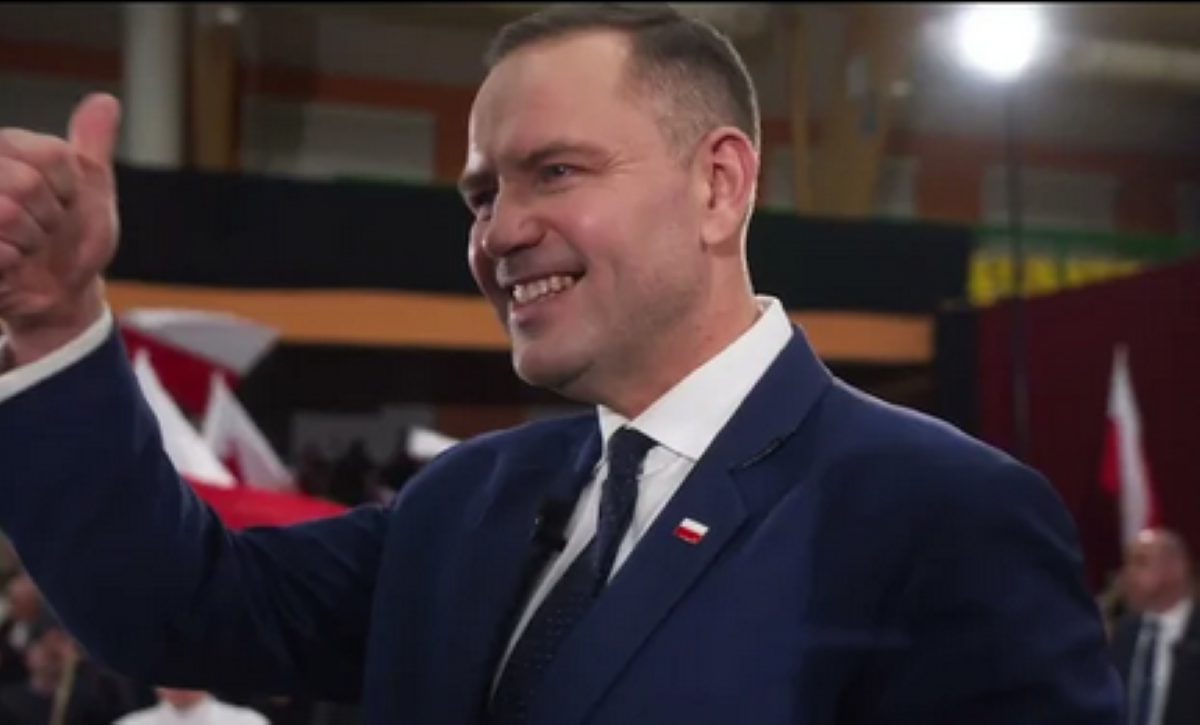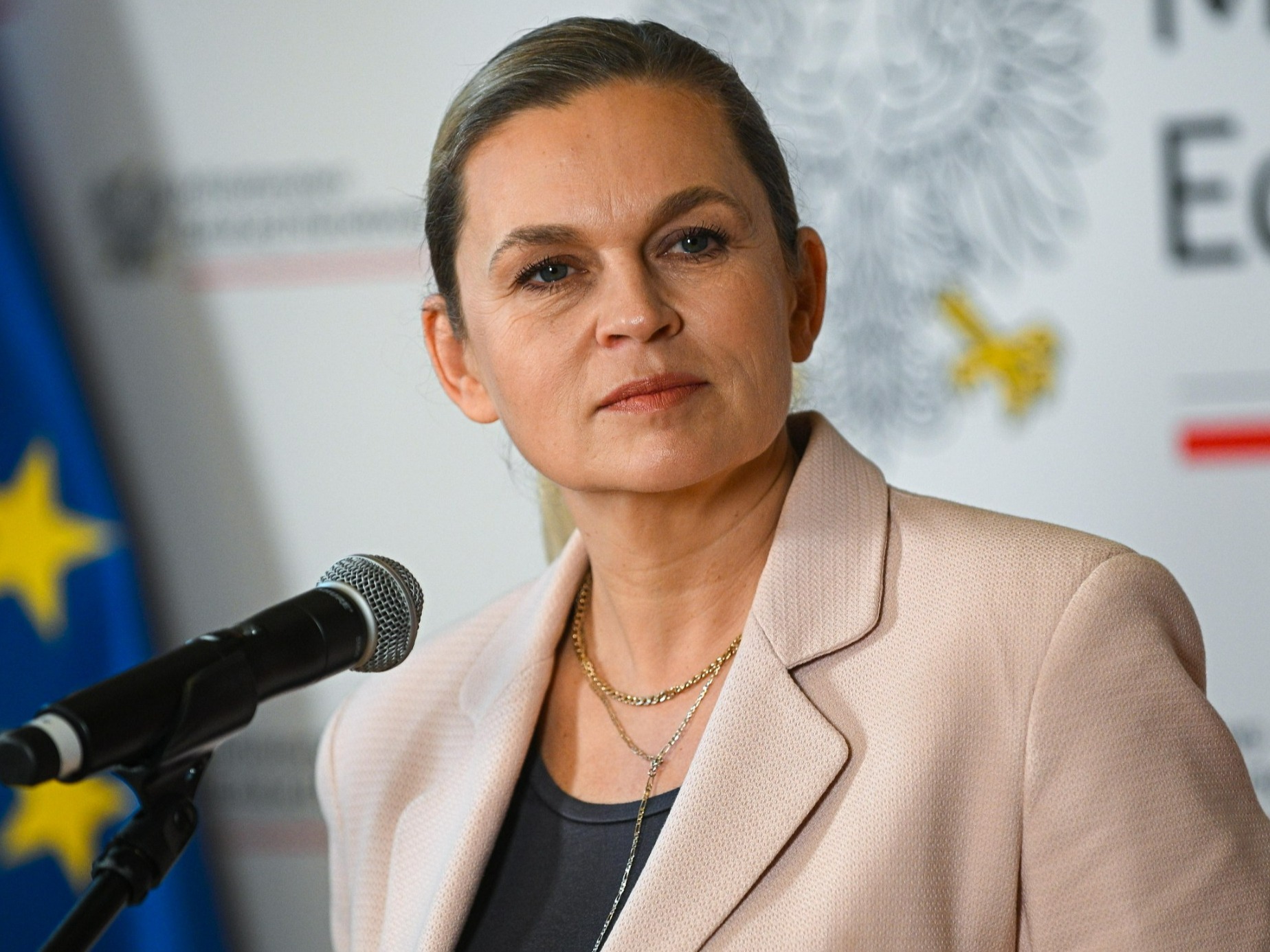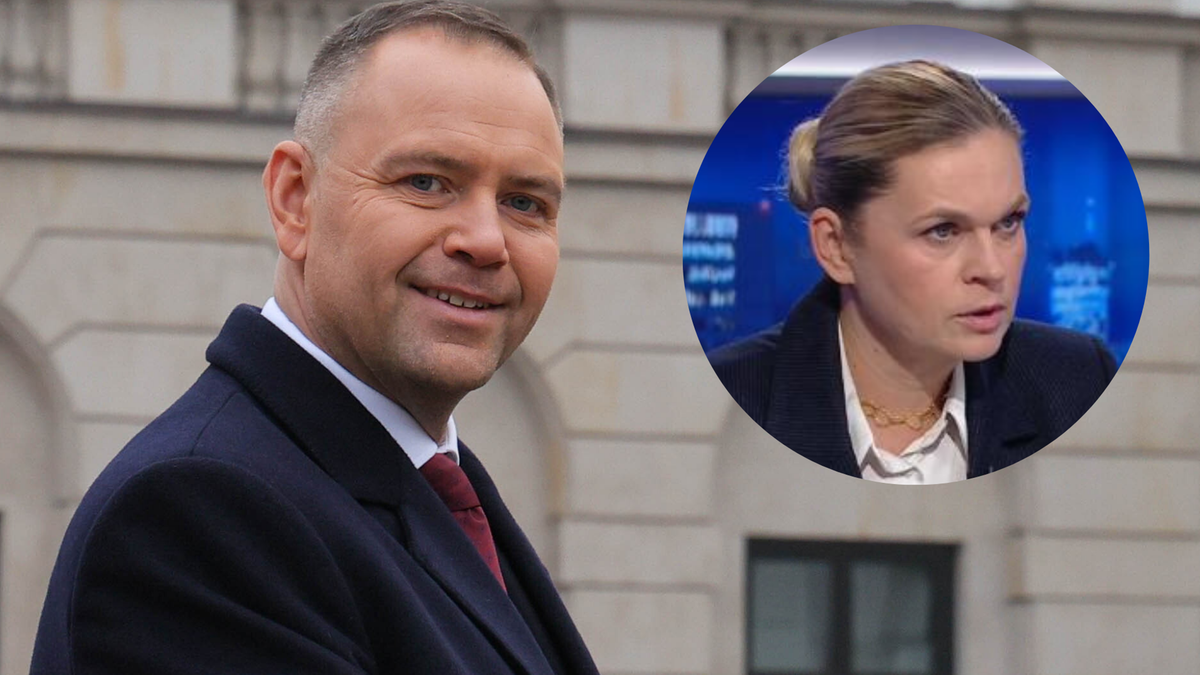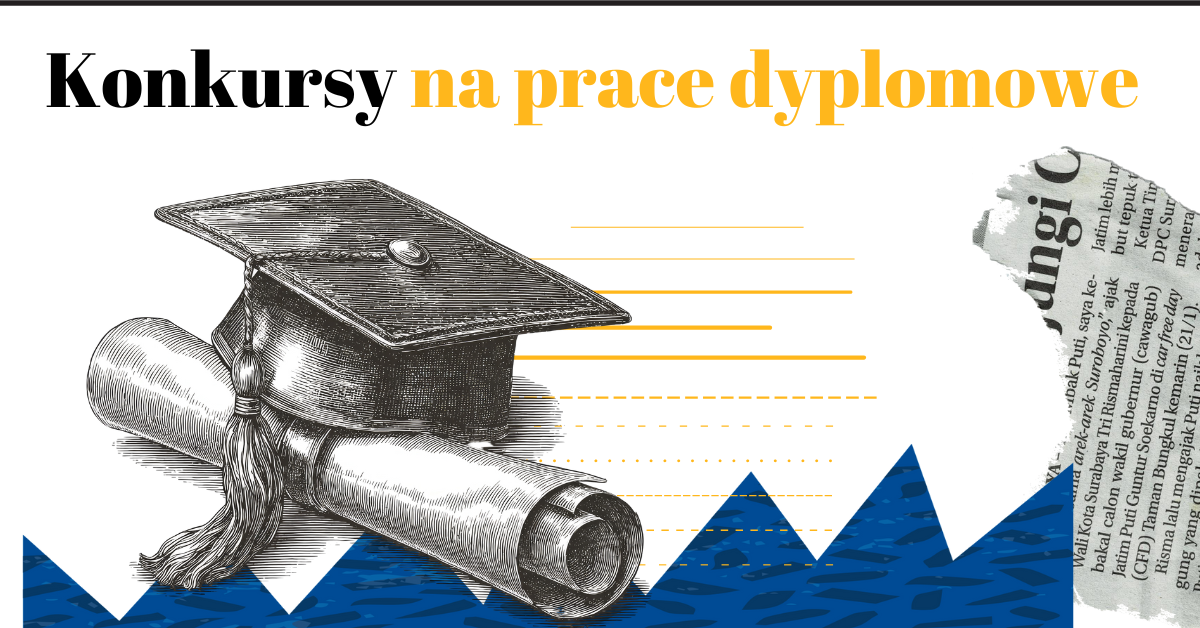
The ongoing conflict between Ukraine and Russia has been a major concern for the international community, with no end in sight. However, in a recent interview with Sky News, Ukrainian President Volodymyr Zelensky revealed that Ukraine is willing to compromise and consider a ceasefire if it means joining the North Atlantic Treaty Organization (NATO). This move could be a game-changer in the region, bringing much-needed stability and security to Eastern Europe.
Zelensky’s Conditions for a Ceasefire
President Zelensky made it clear that Ukraine’s participation in NATO is a non-negotiable condition for a ceasefire. He suggested that if Ukraine’s non-occupied territories are placed under NATO’s protection, it would give him the necessary leverage to negotiate the return of the remaining occupied territories through diplomatic means. This is a crucial step towards resolving the conflict, as it would provide a sense of security and stability to the region.
The Role of NATO in Eastern Europe
NATO has been a cornerstone of European security for decades, and its presence in Eastern Europe is essential to counterbalance Russia’s growing influence in the region. By inviting Ukraine to join the alliance, NATO would be sending a strong signal to Russia that its aggressive actions will not be tolerated. As President Zelensky emphasized, NATO’s protection is crucial for Ukraine’s security, and it is essential that the alliance takes immediate action to guarantee Ukraine’s safety.
Ukraine’s Desperate Need for NATO Protection
The Ukrainian government has been vocal about its desire to join NATO, and President Zelensky’s statement only reinforces this commitment. With Russia’s increasing aggression in the region, Ukraine needs NATO’s protection more than ever. The country has already seen the devastating effects of Russian aggression, with thousands of lives lost and millions displaced. By joining NATO, Ukraine would gain access to the alliance’s collective defense capabilities, providing a much-needed deterrent against Russian aggression.
International Support for Ukraine’s NATO Membership
President Zelensky’s call for NATO membership has received widespread support from the international community. Ukrainian Foreign Minister Andrii Sybiha has appealed to NATO member states to extend an invitation to Ukraine during the upcoming NATO ministerial meeting in Brussels. This move has been backed by several European leaders, who recognize the importance of Ukraine’s membership in maintaining regional stability.
The Numbers Speak for Themselves
Since the conflict began in 2014, Ukraine has lost over 13,000 lives, with millions more displaced. The economic costs of the conflict are staggering, with Ukraine’s GDP shrinking by over 15% in 2020 alone. By joining NATO, Ukraine would gain access to the alliance’s resources and expertise, which would help to rebuild the country’s economy and strengthen its defense capabilities.
A New Era for Eastern European Security
President Zelensky’s call for NATO membership marks a new era for Eastern European security. As the region continues to grapple with the challenges posed by Russian aggression, Ukraine’s participation in NATO would provide a much-needed boost to regional security. With NATO’s protection, Ukraine would be able to focus on rebuilding its economy and strengthening its democratic institutions, paving the way for a brighter future for its citizens.
In conclusion, Ukraine’s path to NATO membership is a critical step towards achieving peace and security in Eastern Europe. By joining the alliance, Ukraine would gain access to the collective defense capabilities of its member states, providing a much-needed deterrent against Russian aggression. As the international community continues to grapple with the challenges posed by the conflict, it is essential that we support Ukraine’s membership in NATO, providing a beacon of hope for a more stable and secure future in the region.

















